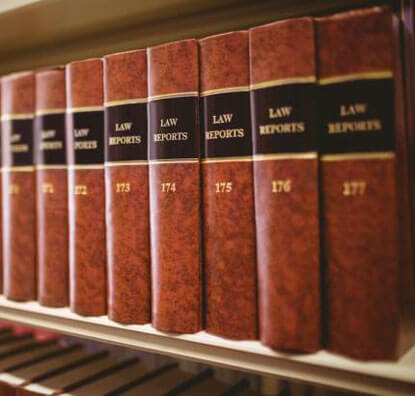A Landmark Decision for Digital Free Speech
In a pivotal move on Friday, the U.S. Supreme Court introduced a rigorous new criterion for evaluating whether public officials have acted within their governmental roles when they block critics on social media platforms. This landmark decision, aimed at safeguarding the constitutional right to free speech in the era of digital communication, establishes a clear test to determine if such actions by officials violate the First Amendment of the Constitution.
The Essence of the New Standard
The First Amendment’s protections are traditionally aimed at government entities rather than private individuals. According to the Supreme Court’s new framework, an official’s action is considered a governmental one if they “possessed actual authority to represent the state on a specific issue” and “attempted to utilize that authority in the posts in question.”
Revisiting Lower Court Decisions
This unanimous ruling by the justices mandates a reevaluation of earlier decisions by lower courts in two separate cases from California and Michigan. These cases involved lawsuits under the First Amendment by individuals who were barred from accessing the social media accounts of local officials after posting critical comments. The Supreme Court’s directive requires these cases to be reviewed anew, adhering to the recently established guidelines.
Social media platforms frequently feature the blocking function, allowing users to prevent others from interacting with their content. This issue was previously addressed by the Supreme Court in 2021 concerning former President Donald Trump’s practice of blocking critics on X (formerly known as Twitter), but the matter was ultimately deemed moot following his departure from office.
High-Profile Cases Under Scrutiny
The Supreme Court’s decision was influenced by hearings on two significant cases last October. The first case revolved around a dispute involving public school board trustees from Poway, California, who were sued by parents blocked from their Facebook and X accounts. The second case involved a lawsuit against a Port Huron, Michigan, city official who blocked a resident on Facebook following critical posts about COVID-19 responses.
In both instances, the blocked parties contended that their rights to free speech were infringed upon, prompting legal challenges that have now led to the Supreme Court’s intervention.
Implications for Public Officials and Free Speech
These cases highlight the complex interplay between free speech rights and the use of social media by public officials. The Supreme Court’s decision sets a precedent for how such interactions should be governed, emphasizing the need for transparency and accountability in the digital public square. As society continues to navigate the challenges of online communication, this ruling offers a crucial benchmark for protecting the foundational principle of free speech in the digital age.












































